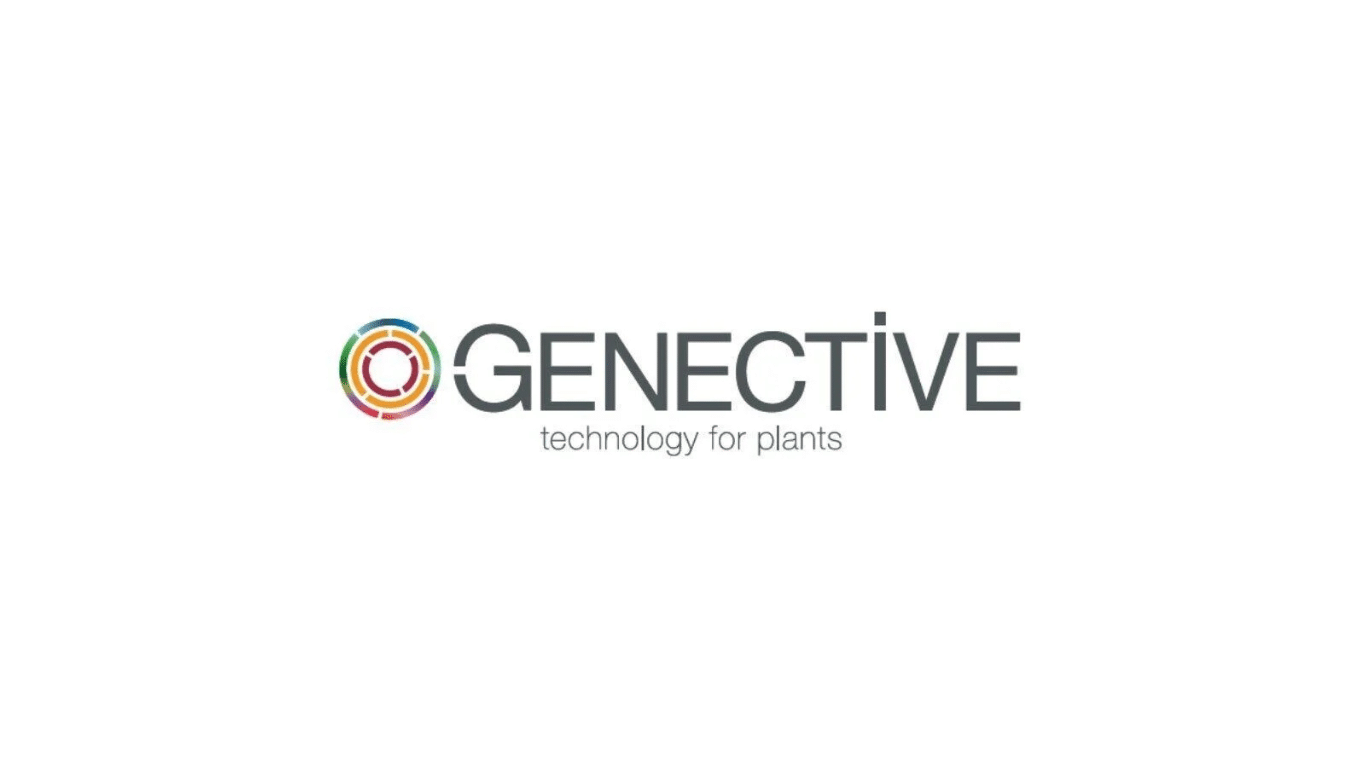Key Takeaways
- Genective announces progress in its pipeline for transgenic insect control traits
- Company’s lead genes show strong efficacy against Fall Armyworm (FAW), a major global pest
- Novel insect control proteins are said to be unique in the industry
- Commercialization will be pursued through partnerships with agriculture sector players
- Genective, a subsidiary of Limagrain, is headquartered at the University of Illinois Research Park
Advances in Insect Control Traits Support Genective Commercial Readiness
Genective, a biotechnology company fully owned by French agri-food group Limagrain, has reported what it describes as breakthrough results in its research and development pipeline for transgenic insect control. The developments position the company for the next phase of commercial partnerships and product deployment, according to statements made by company leadership.
Qiaoni Linda Jing, President & CEO of Genective, said the company has created “a whole new class of insect control protein that no one else in the industry has,” while also confirming promising results from its other lead genes targeting Fall Armyworm (FAW)—a pest with increasing resistance to existing control technologies.
Addressing Fall Armyworm Resistance
Significant Agricultural Losses Prompt Urgent Solutions
Fall Armyworm has emerged as a global challenge in agriculture over the past decade. Originally from the Americas, the pest has spread across multiple continents, reportedly causing as much as $5 billion in annual crop losses.
Genective’s lead traits are being developed specifically to address this resistance, with early-stage results indicating potential utility across crops including corn, soy, and cotton.
Parent Company Support and Innovation Strategy
Limagrain, which ranks among the top four seed companies globally, continues to provide strategic backing to Genective. Fermin Azanza, Limagrain’s Global Head of Research and Chairman of the Board at Genective, stated: “We are very excited the novelty-driven strategy of Genective is bearing fruit… We foresee commercialization through partnerships with global players in the agriculture market.”
The company has positioned its innovation model around novel protein development, focused on new modes of action for insect control.
Genective’s U.S. Presence and Industry Collaboration
Since relocating its global headquarters to Central Illinois in 2020, Genective has become part of the University of Illinois Research Park innovation ecosystem. The move took place during the COVID-19 pandemic and was intended to strengthen access to U.S.-based talent and research infrastructure.
Laura Appenzeller, Executive Director of the Research Park, noted: “The fast-growing company not only brought in great talent and high-paying jobs but also created a winning culture… We are committed to supporting Genective’s continued achievements.”
Path Toward Commercialization
With foundational research complete and field results showing efficacy, Genective is expected to seek commercialization through strategic partnerships. The company reports a focus on working with global agriculture firms to bring its biotech traits to market in the coming years.


